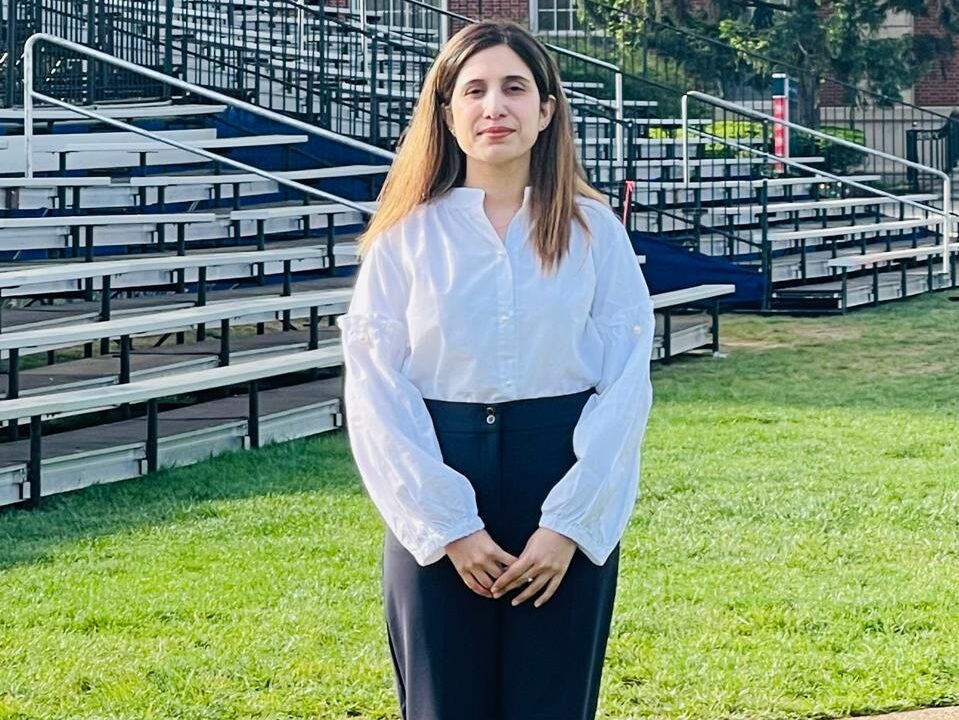The University of Chenab in Gujrat is a hub for advanced scientific inquiry, and much of that progress is being shaped by the quiet but firm guidance of Sunniya Iftikhar, a member of the university’s Board of Advanced Studies and Research (BASR). Her work in evaluating and steering postgraduate research has helped establish stronger academic standards and foster a culture of innovation across disciplines.
In her role on the BASR, Iftikhar oversees the review and approval of graduate theses and faculty research proposals. Her approach is both rigorous and supportive, ensuring that each study meets the highest methodological and ethical benchmarks. “Excellence in research begins with clarity of purpose,” she told our Correspondence. “Every project we endorse must address a real problem and contribute to advancing knowledge that serves society.”
Iftikhar has been instrumental in aligning the university’s research agenda with Pakistan’s broader development priorities, particularly in the health, biomedical, and energy sectors. Under her guidance, several proposals have moved from concept to implementation, securing external funding and recognition from national review bodies.
Her influence extends beyond policy and paperwork. She dedicates significant time to mentoring young researchers and faculty, guiding them through research design, data analysis, and publication strategy. “Mentorship is not an optional duty,” she noted. “It is a responsibility we owe to the next generation of scientists to help them navigate the demands of modern research with integrity and curiosity.”
Iftikhar’s leadership has also shaped how the university defines its academic identity. Through her role in the BASR, she has championed reforms that encourage interdisciplinary collaboration between departments of technology, biomedical sciences, and environmental studies. This has led to the creation of new research clusters focused on renewable energy applications, disease prevention, and digital health systems.
Under Iftikhar’s guidance, the university has introduced transparent review mechanisms that emphasis research quality and innovation over numerical output. She has established clear evaluation standards for proposals and dissertations, ensuring that every study is assessed on its scientific merit, ethical soundness, and potential impact. By promoting evidence-based review practices, she has strengthened accountability within the academic process and encouraged a culture where originality and relevance define success.
For Iftikhar, the future of higher education lies in bridging research with societal needs. “A university cannot exist in isolation,” she said. “Our findings must feed into the nation’s health, industry, and policy goals. That is how we build relevance and sustainability in academia.”
Her contributions reflect a commitment to both academic integrity and national progress. By fostering a disciplined research environment and nurturing the intellectual growth of younger scholars, Iftikhar is helping to set new standards for what university-led innovation can achieve in Pakistan.





























